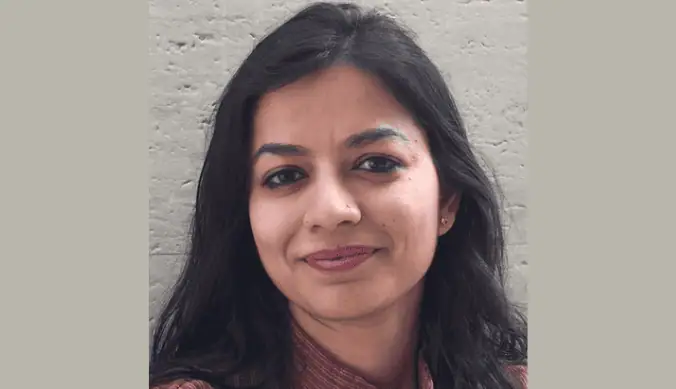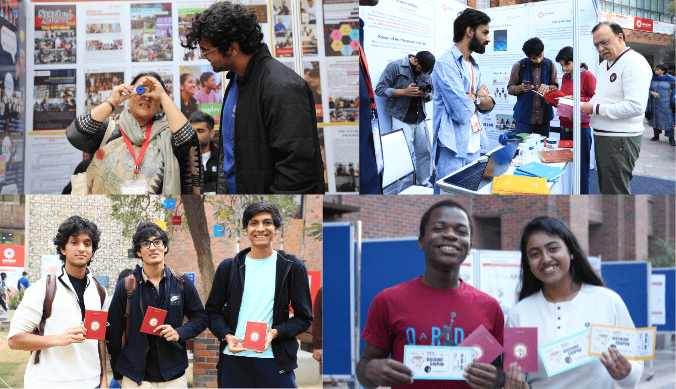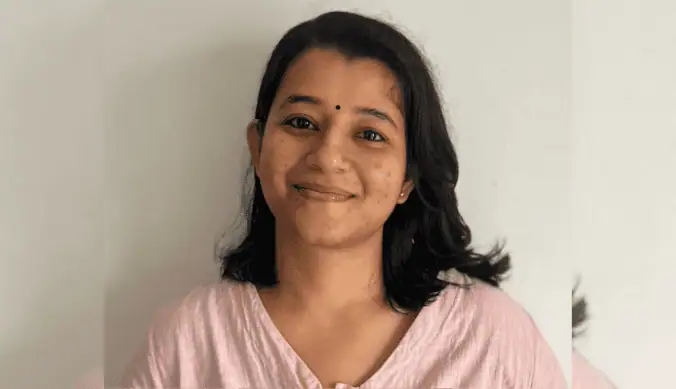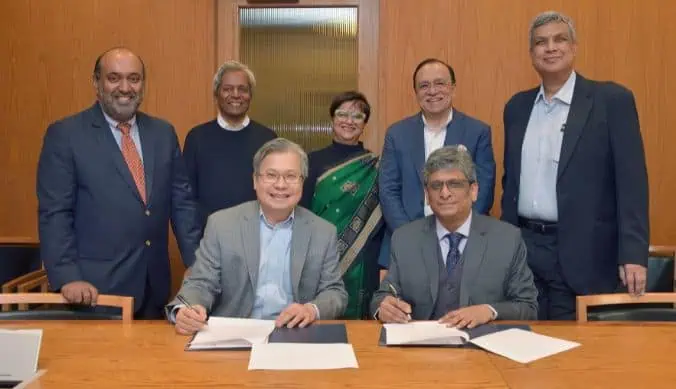Call for Papers – Workshop on Non-National Identities and IR
Extended Submission Deadline: 11 October, 2025
The Department of International Relations, Ashoka University, invites submissions for the workshop ‘Beyond the National: Cartographies of Identity, Insecurity, and Epistemic Marginalisation’, taking place on 27-28 February 2026, at Ashoka University in Sonipat (near New Delhi), India. We are particularly interested in receiving submissions from post-docs and early-career researchers.
Description:
It is easy to see the world as a simple sum of cartographic blocks on the map, namely, nation-states. However, this supposed simplicity hides behind it a melee of people, communities, and entities that strain against these neat walls of the nation-state and the international ‘order’ they constitute. Within this order, individuals and communities are frequently produced as ‘non-national’–not through choice but through structural exclusions and failures of recognition. These ‘non-national’ identities aren’t merely symbolic anomalies; rather, they are materially and affectively intermeshed within pervasive forms of insecurity and vulnerability. Their insecurity is compounded by their epistemic invisibility, as dominant statist, masculinist, racial, ethnic, and territorial assumptions are deficient in registering their lives as meaningful, thus leading to these ‘non-national’ subjects remaining under-theorised, misread or dismissed as aberrations rather than constitutive features of the international. Yet they have their own forms of agency and power that remain severely under-recognised. This workshop seeks to provide a space for critical engagement with research agendas that interrogate the intersections of transversal, ‘non-national’ identities, concomitant insecurities and epistemic marginalisation in International Relations. In response to mainstream and newer approaches to IR, that continue to privilege neatly delineated classification of national boundaries, identities, stable security frameworks and epistemic categories, the workshop encourages scholars to bring forth conceptual, empirical and methodological innovations rooted in the lived experiences arising from contingent, in-between spaces that contribute to substantially enriching the theoretical, normative and methodological landscape in international relations. The workshop interrogates the neatness of categories and invites participants to think through what is foreclosed when categories are treated as stable rather than as situated, fluid, leaky or mutually constituted.
Suggested themes for contributions include:
- How do non-national, in-between or liminal identities challenge prevailing conceptions of sovereignty, security, statehood, race, and self-determination in International Relations?
- What is the relationship between epistemic marginalisation and material violence?
- How are tidy analytical distinctions produced, and how do they remain unchallenged over time in IR scholarship and epistemic traditions?
- How might we think with categories not as containers but as processes or provocations?
- How does epistemic marginalisation of certain identities reflect asymmetries in global knowledge production?
- What can International Relations learn from interdisciplinary interactions with postcolonial/decolonial theory, feminist and queer studies, and diaspora studies to better account for identities that defy simplistic categorisation?
- What methodological innovations can effectively foreground these identities and their insecurities into IR scholarship?
- How do critical approaches such as postcolonial/decolonial theory, feminist and queer studies, and diaspora studies themselves produce and perpetuate the use of unsustainable categories?
- How can interdisciplinary research that combines IR with history, cultural studies, migration Research, literary and media studies, anthropology, sociology, and ethnic studies lead to greater inclusion and underscore the need to reconsider core questions of IR and reformulate the meaning and significance of core concepts?
- What are the implications of rethinking insecurity from the perspective of marginalised, “non-national” identities?
Submissions:
Please submit your abstract (maximum 300 words) via the following Google form by 11 October,2025. We expect to send out decisions by early November.
Some funding is available for travel, accommodation, and meals. Decisions on the allocation of funding will be made on the basis of availability and participants’ funding statements.
We look forward to your proposals,
Quintijn Kat, Ananya Sharma, and Amit Julka, Department of International Relations.
Study at Ashoka












